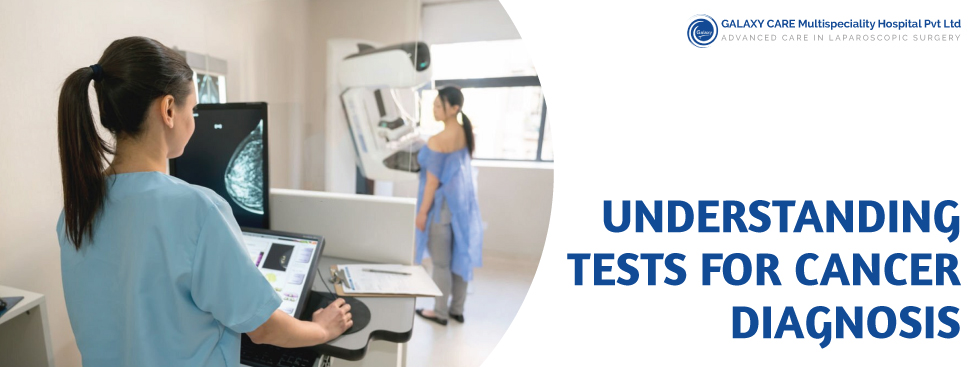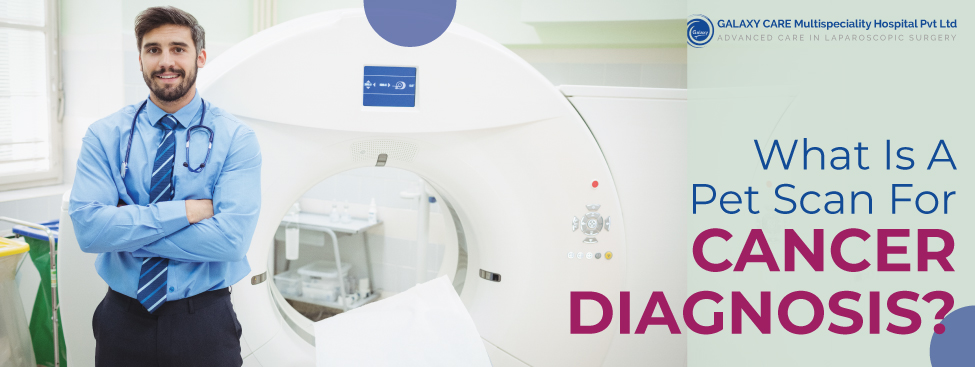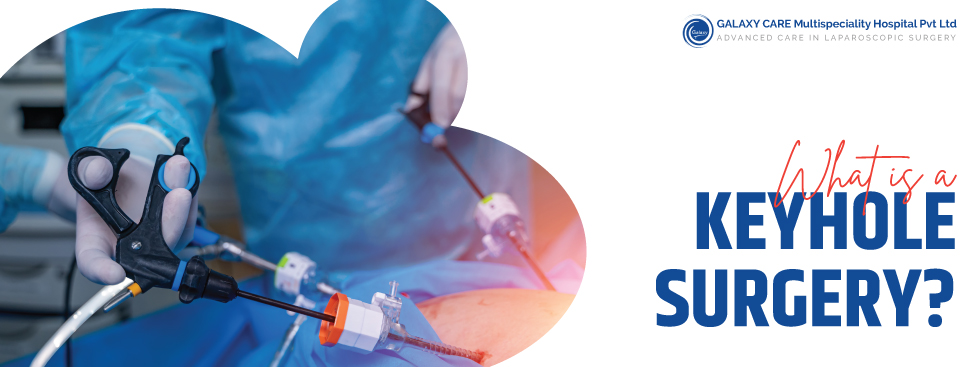
UNDERSTANDING TESTS FOR CANCER DIAGNOSIS
Cancer is a complex disease that requires a comprehensive approach to diagnosis and treatment. Diagnosing cancer accurately is crucial for developing an effective treatment plan and improving patient outcomes. There are various tests and procedures that healthcare professionals use to identify the presence and characteristics of cancer. As the leading Cancer Hospital in Pune, we believe that understanding these tests is essential for patients to make informed decisions about their healthcare. Let’s explore the different types of tests used for cancer diagnosis, their purpose, and the information they provide.
Laboratory Tests
Blood Tests
Cancer Specialists often suggest a variety of blood tests to assist in cancer diagnosis. The most common blood test is the complete blood count (CBC). This test measures the levels of different blood cells, including red blood cells, white blood cells, and platelets. Abnormalities in these cell counts can sometimes indicate the presence of cancer.
Another important blood test is the tumor marker test. Tumor markers are substances produced by cancer cells or by the body in response to cancer. Measuring the levels of specific tumor markers can help healthcare professionals identify the presence and type of cancer.
Urinalysis
Urinalysis is another laboratory test that can provide valuable information for cancer diagnosis. This test analyzes the composition of a patient’s urine, looking for the presence of certain substances or abnormalities that may be associated with cancer.
Diagnostic Imaging
Transmission Imaging
Transmission imaging techniques, such as X-rays, computed tomography (CT) scans, and bone scans, use high-energy radiation to create images of the body’s internal structures. These images can help healthcare professionals identify the presence and location of tumors or other abnormalities.
Reflection Imaging
Ultrasound is a type of reflection imaging that uses high-frequency sound waves to create images of the body’s internal structures. Ultrasound can be particularly useful for diagnosing certain types of cancer, such as those affecting the thyroid or reproductive organs.
Emission Imaging
Magnetic resonance imaging (MRI) and positron emission tomography (PET) scans are examples of emission imaging techniques. These tests use magnetic fields or radioactive substances to produce detailed images of the body, which can help identify the presence and characteristics of cancer.
Endoscopic Examinations
Endoscopic examinations involve the use of a thin, flexible tube with a camera and light at the end, which is inserted into the body to visualize internal structures. These tests can be used to diagnose various types of cancer, such as esophageal, gastric, or colorectal cancer.
Genetic Testing
Genetic testing is another important tool in cancer diagnosis. This type of testing analyzes a patient’s DNA to identify genetic mutations or alterations that may increase the risk of developing certain types of cancer. Genetic testing can also help healthcare professionals determine the best course of treatment based on the specific genetic profile of the cancer.
Tumor Biopsies
A biopsy is a procedure in which a small sample of tissue is removed from the body for examination under a microscope. There are several types of biopsies, including fine needle aspiration, core needle biopsy, and surgical biopsy. Biopsies are often essential for confirming the presence and type of cancer.
Choose Galaxy Care for Cancer Diagnosis
Galaxy Care Hospital is a leading Cancer Hospital in Pune. We offer a comprehensive range of diagnostic tests and procedures for cancer diagnosis. Our hospital’s team of Cancer Specialists in Pune utilizes the latest technology and techniques to provide accurate and timely diagnoses, enabling patients to receive the most appropriate and effective treatment.
By understanding the different types of tests used for cancer diagnosis, patients can work closely with their healthcare providers to make informed decisions about their care and achieve the best possible outcomes. Feel free to get in touch with us to explore more about cancer diagnostic tests. We are always here to help!


